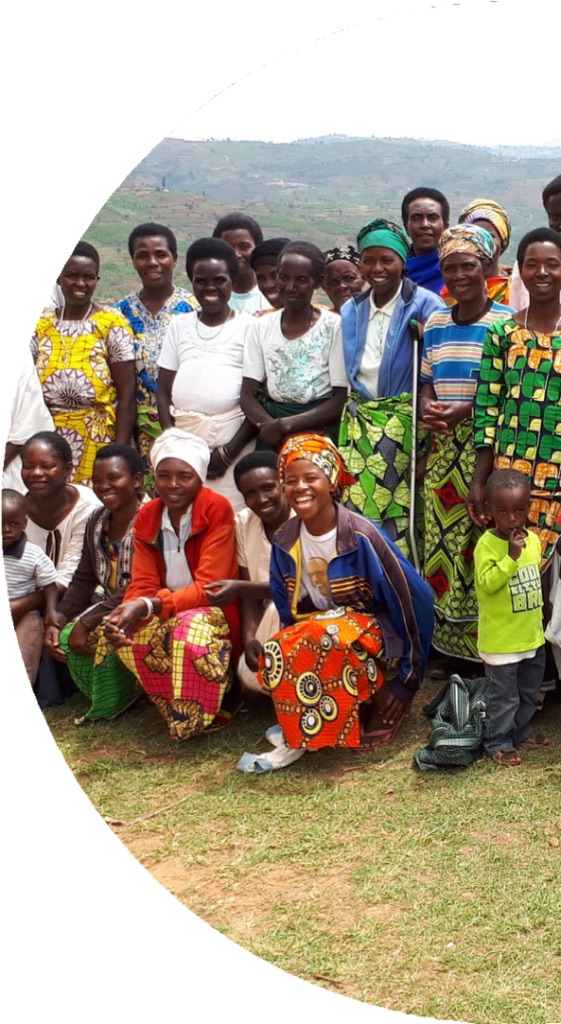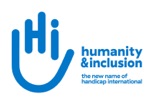Events
Advocacy on the margins: Women with disabilities addressing violence at the grassroots level
 Parallel event at the CSW NGO Forum
Parallel event at the CSW NGO Forum
Re-posted with permission from the International Disability Alliance
The International Disability Alliance (IDA) alongside Humanity and Inclusion/Making It Work Gender and Disability Project, and the Disability Rights Fund co-organized a parallel event on March 22, 2018 at the Commission on the Status of Women (CSW) Forum — “Advocacy on the margins: Women with disabilities addressing violence at the grassroots level.”
The event brought together women leaders with disabilities from grassroots communities in Africa to share their work to combat gender-based violence against women and girls with disabilities in rural communities.
The speakers included:
- Florence Ndong, Executive Director of Lira District Disabled Women’s Association in Lira, Uganda
- Robinah Alambuya, Co-founder and Executive Director of Triumph Uganda Mental Health Support and Recovery Program, an organization of persons with psycho-social disabilities and Board member of the World Network of Users and Survivors of Psychiatry
- Gaudence Mushimiyimana, Executive Director of Umuryango Nyarwanda w’Abagore Bafite Ubumuga (UNABU), the Rwanda Organization of Women with Disabilities
Robinah Alambuya highlighted the unique barriers and types of violence women and girls with psychosocial disabilities experience with regard to gender based violence and access to justice.
Women and girls with psychosocial disabilities are assumed to be unreliable, dishonest and promiscuous. Even when a woman or girl is stable and has full control and integrity with her disability, no one believes her, and her family or partner that is often the abuser, is given full legal and social power over her.
Ms. Alambuya further shared about what it means to have “supported decision making” and how this was critical for persons with psychosocial disabilities, particularly women and girls.
We give women and families the education they need to support her when she is in crises, and to support her autonomy and human rights.
Co-facilitated by Shena Cavallo, Program Officer, International Women’s Health Coalition, the event outlined inclusive strategies to prevent and respond to gender-based violence, from each of their unique areas of work, and Ms. Cavallo raised questions regarding how the gender movement and disability movement could collaborate to ensure greater inclusion of women and girls with disabilities.
CSW Agreed Conclusions
Through advocacy and partnership with Member States and the Women’s Rights Caucus (NGO coordination group), the Agreed Conclusions include two stand-alone paragraphs on the urgent need for States to promote and protect the rights of women and girls with disabilities in rural areas, highlighting access to services, justice, decent employment, education, sexual and reproductive health and must be actively involved in decision-making processes.
Additionally, the agreed conclusions highlight concern that women and girls with disabilities, particularly those living in rural and remote areas experience stigmatization and an increased risk of violence, exploitation and abuse.
In addition, the Agreed Conclusions ask for the strengthening of data collection and disaggregation, including disability, and uses inclusive and accessible language throughout.
Commission on the Status of Women Agreed conclusions




